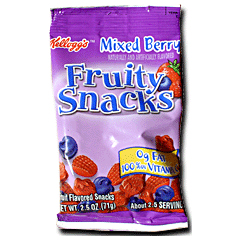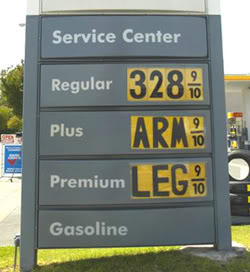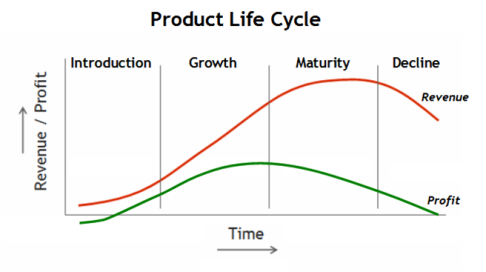For my PSP Project, I’m going to eliminate waste and protect the environment by reducing, reusing and recycling as much as I can via specific actions in my daily life basis, and let’s call it a “Triple R Project”.

This picture represents my theme
Why?
Before getting into a specific action for each category, I want to give reasons why reducing, reusing and recycling matter to me as well as every one of us. Recycling brings many benefits in term of environment and economy such as saving energy, maintaining natural resources, limiting pollution, and supporting several sectors of the economy (Brennan)
Here are some important statistics from the U.S. Environmental Protection Agency that will explain each of these benefits of recycling in detail (I just pick some of the extreme one in the article):
“In 2003, the energy savings from recycling 54 billion aluminum cans exceeded the energy equivalent of 15 million barrels of crude oil – or the amount of gas the U.S. uses in one day. Simple as recycling 1 can = 3 hours of TV, so in 2003 the U.S. saved enough energy by recycling cans to run 162 billion hours of TV, or about 25 hours of TV for every man, woman and child on Earth.” (Brennan)
“Americans disposed of 83 million tons of paper products in 2003. According to the EPA, by recycling nearly half of that, we saved 705 million trees and 290 billion gallons of fresh water.” (Brennan)
“The EPA estimates that 200 million gallons of used motor oil are improperly disposed of each year. Recycling used motor oil keeps it from polluting your ground and fresh water.”(Brennan)
“The National Recycling Coalition reports that recycling has created 1.1 million jobs, $236 billion in gross annual sales, and $37 billion in annual payroll.” (Brennan)
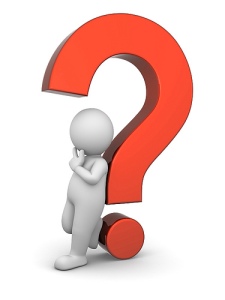
This information and numbers might be too boring to read, but if you take a minute and think about it in a larger scale. What is going to happen next if every single person keep wasting natural resources and pollute the environment with noticing or without noticing about their actions? It’s our environment, our planet, we are living on it and we are also destroying it (not the aliens) hour by hour, so don’t wait for anyone to save it because we are the only one can do it.
I found a peer-reviewed article, which talked about recycling paper, wrote by Trish Groves. Here is the link to this article.
Actions
I already discussed the reasons why I’m doing this project, and why it matter to the environment, so now I will explain the detail action of what I’m going to do in the first week.
For my first R (reduce), I’m going to reduce using water by shutting it off while brushing my teeth. I know it might sound a little strange, but think about it. I brush my teeth twice a day, and 5 minutes each time, and about 2 minutes of brushing, so I can save up to 4 minutes of water running which equal about 8 gallons of water/day. I found a fun little clip, and you can click Use-Water-Wisely.aspx to watch.
For my second R (reuse), I will find my old papers which I used only one side of it, then turn back to the other side, and staple them all together. I’ll do a little design for the cover page to make it look nice, so I will have a “recreated” notebook to use. (I’ll add the picture of it when I’m done).
For the last R (recycle), I’m going to collect all of the water bottles/cans of soda and juice for a whole week, and then go to Fred Meyer and recycle them. I can also get some money from recycling bottles and cans.
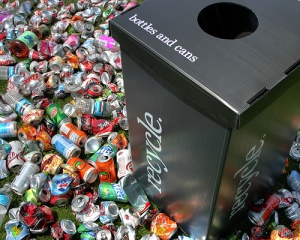
Here is another video about recycling bottles.
Will it fit?
I think this project works the best for me because I’m a college student, I live on small budget, and so I don’t have much money to always buy new things. Moreover, doing this PSP project can help me live more sustainable, help the environment, and the most important thing is it’s not taking so much time or effort to do but has many benefits.
I feel so confident about what I’m going to do even though it may be out-of-order in a first couple days because I have to adapt to new habits, but I believe it will turn out fine, and we will see about that in the following week.
Here is another good peer-reviewed article that discussed strategies for water reuse
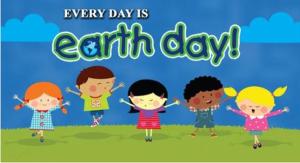
Make every day Earth day
Works cited:
Brennan, Jason. “Reasons Why You Should Recycle.” n. page. Web. 27 Jul. 2012. <http://www.affluentmagazine.com/articles/article/69/>.
Groves, Trish. “Reduce, reuse, recycle .” 336(7650). (2008): n. page. Print. <http://www.ncbi.nlm.nih.gov/pmc/articles/PMC2335226/>.
Aerts, Peter, and Flora Tong. “Strategies for water reuse: membrane technologies increase the sustainability of industrial processes by enabling large-scale water reuse.” Chemical Engineering Sept. 2009: 34+. Academic OneFile. Web. 27 July 2012.
 rising gas prices it has been kind of nice having the extra couple dollars in my pocket that I would usually buy a drink with. When researching the economic effect of bottle water I found this. I was absolutely amazed at how much oil bottled water consumed. As Americans it seems like we are getting lazier. As this happens industries have been trying harder to make things more convenient for us. Usually when this happens it takes more packaging or materials, which also mean more oil is used to make this possible. This also means that with the extra demand we are driving up the cost of gas! So the next time you are shopping keep in mind of how it all relates and maybe buy bulk or go without.
rising gas prices it has been kind of nice having the extra couple dollars in my pocket that I would usually buy a drink with. When researching the economic effect of bottle water I found this. I was absolutely amazed at how much oil bottled water consumed. As Americans it seems like we are getting lazier. As this happens industries have been trying harder to make things more convenient for us. Usually when this happens it takes more packaging or materials, which also mean more oil is used to make this possible. This also means that with the extra demand we are driving up the cost of gas! So the next time you are shopping keep in mind of how it all relates and maybe buy bulk or go without.
